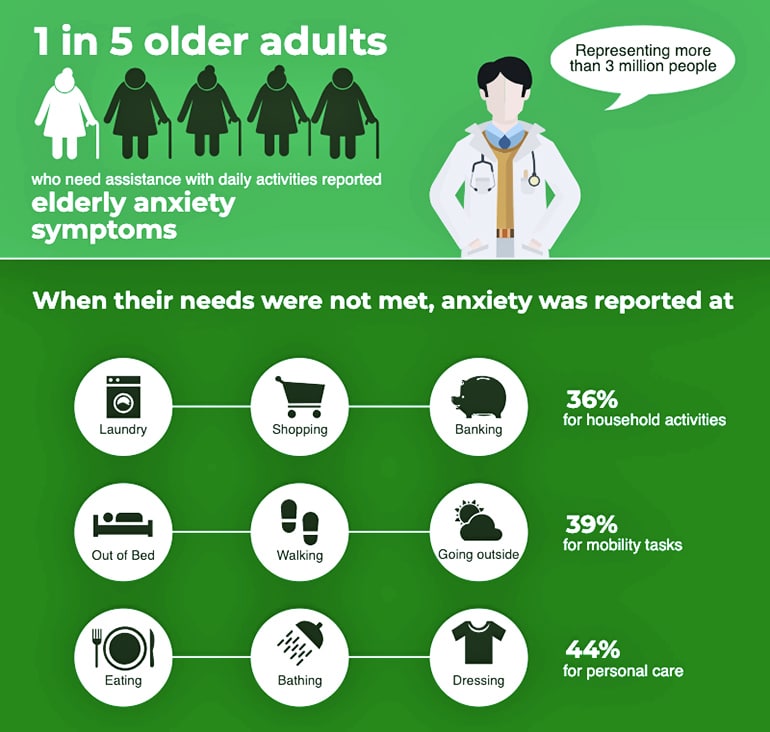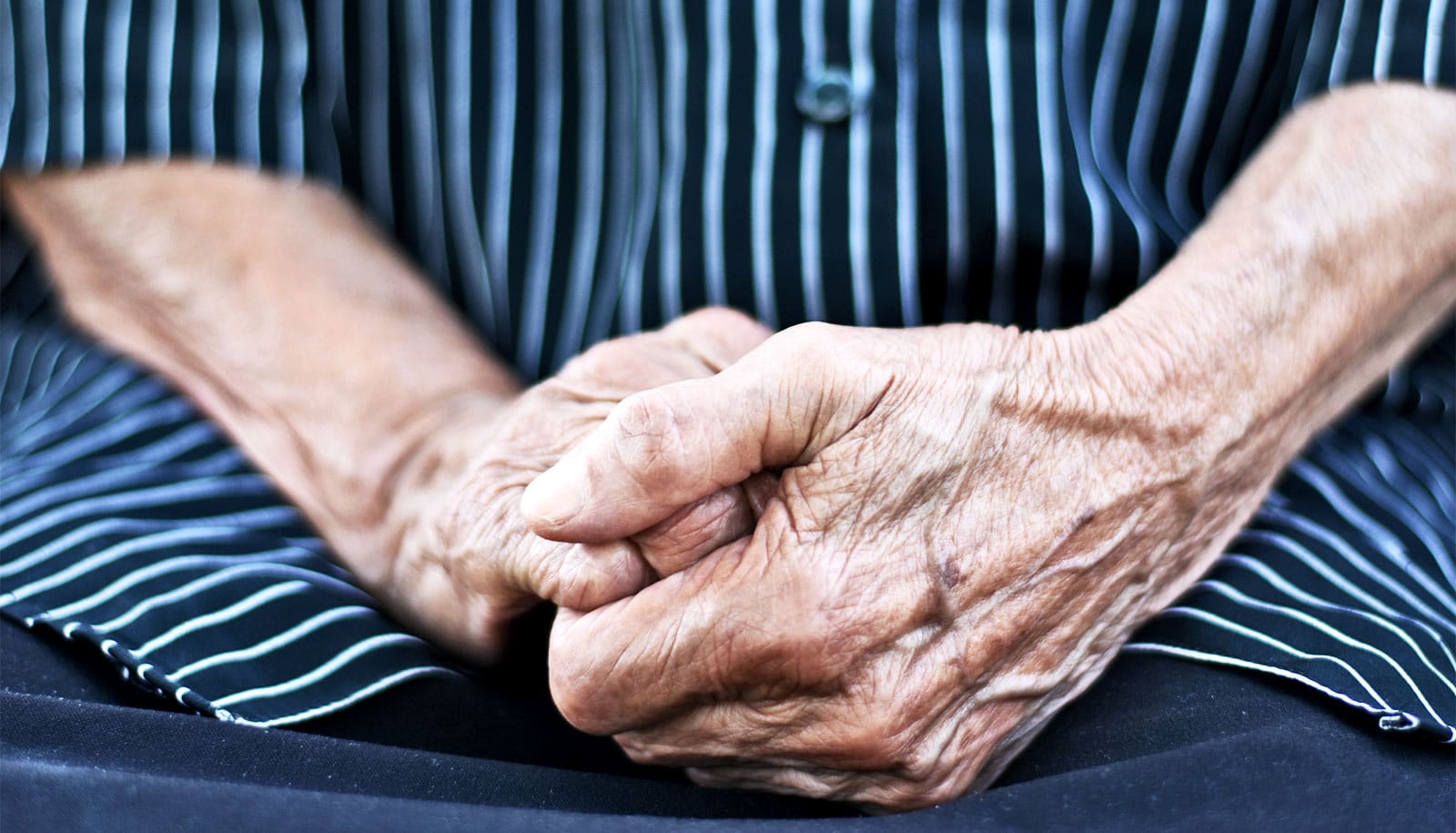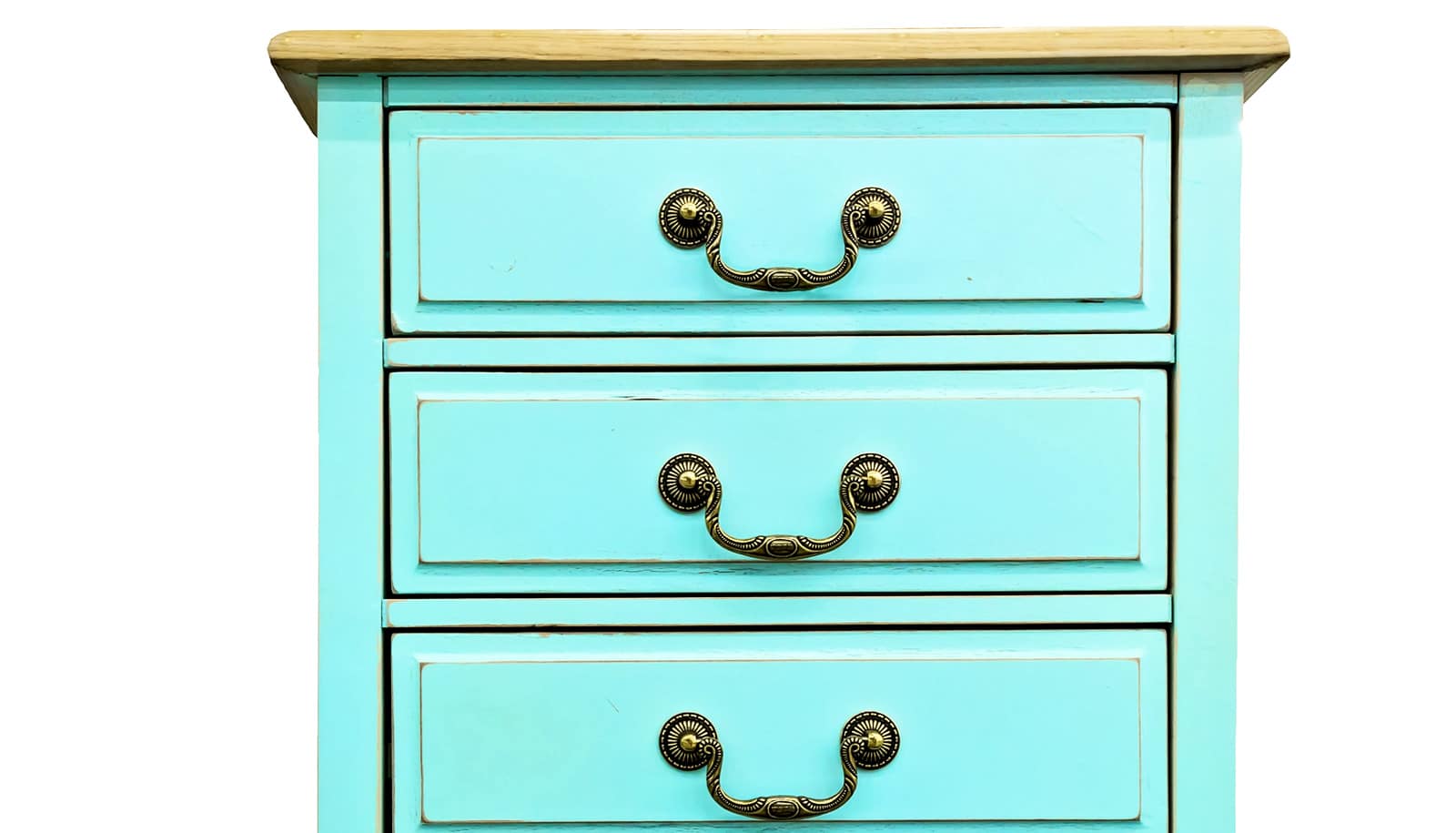Older adults who struggle with dressing, bathing, and preparing meals, but don’t get the help they need, may experience high levels of anxiety, researchers report.
That can lead to adverse consequences, such as wearing soiled clothes or going hungry.
A new study tracked the behavior of older adults, when no one properly handled their needs, leading to elevated anxiety symptoms. This created “a vicious cycle that may lower the quality of life of older adults,” says study coauthor Xiaoling Xiang, assistant professor of social work at the University of Michigan.
“Our findings reinforce the notion that needs for mental health services and community-based long-term services and supports are interconnected,” she says.

Data came from the National Health and Aging Trends Study, collected from 2011 to 2016. The sample involved 3,936 Medicare beneficiaries with activity limitations at age 65 and older.
The relationship between anxiety and unmet needs for personal assistance may or may not differ across age groups. The sheer number of older adults with disabilities and who are at risk of having unmet needs makes this an important public health issue, Xiang says.
In fact, the numbers may be larger than what the study reported. Since the collected data came from self-reporting, some people might not have disclosed everything happening in their lives.
“Adverse consequences due to unmet needs may be underreported because of feelings of shame and embarrassment, particularly in a society that values self-sufficiency,” says lead author Ashley Zuverink, who works at the Detroit Health Department.
Researchers note that doctors and other health care providers working with older adults may consider screening for anxiety and other mental health symptoms. In addition, these experts can factor the patients’ mental health status when devising plans for long-term services and supports.
Programs that better support family caregivers may have added benefit of reducing anxiety symptoms among older adults.
Source: University of Michigan



